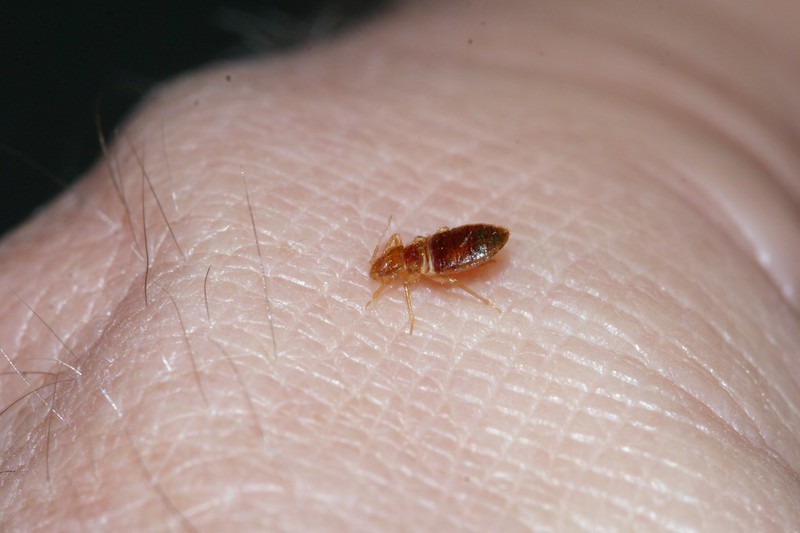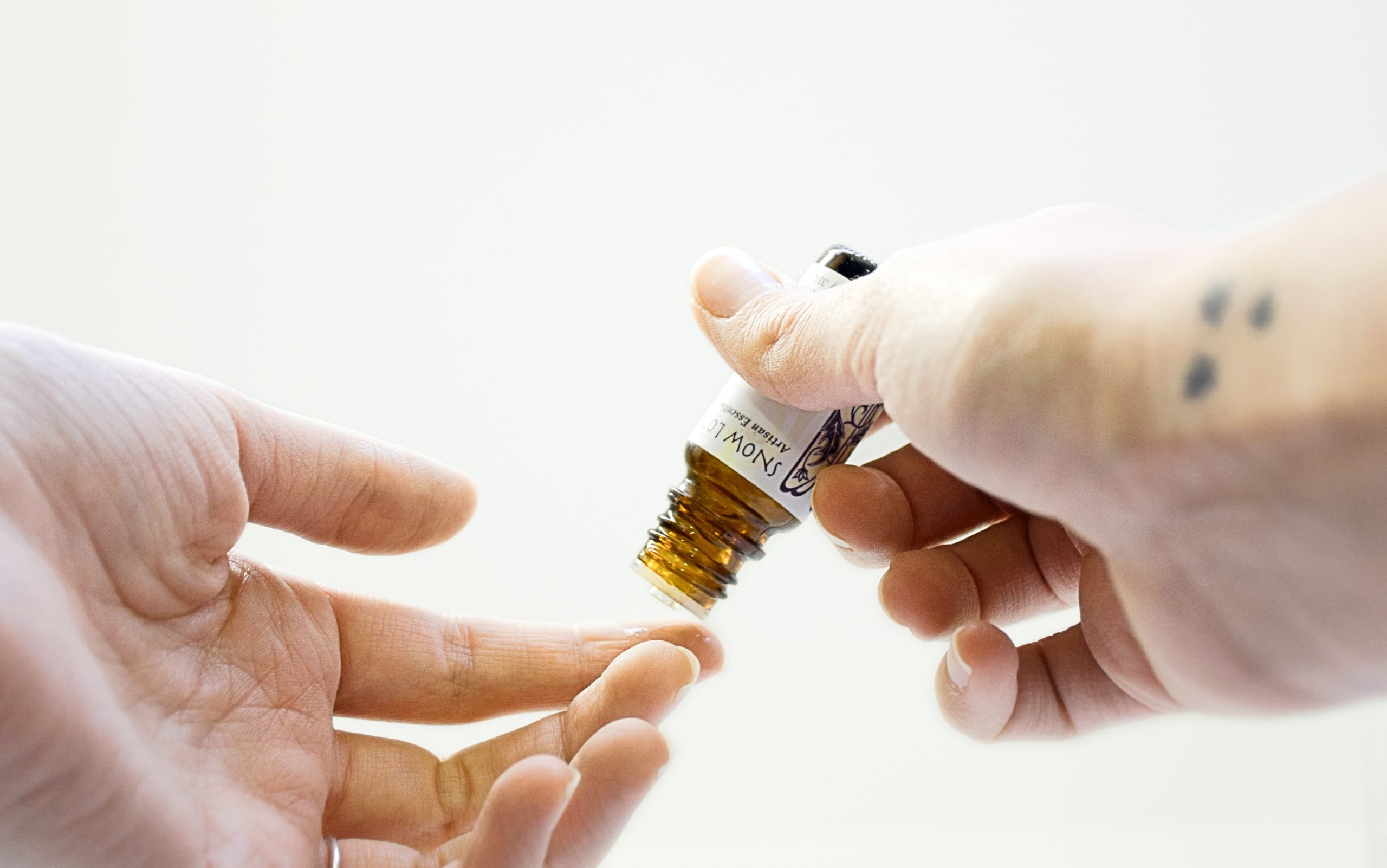It’s hard to give a number on DIY treatments, but let’s give it a shot. Let’s take a look at some basic facts about bed bugs and see if we can figure out a rough timeline:
- Bed bugs live for 2-6 months on average (though some can survive up to a year without a meal)
- They change stages five times in their life, each time requiring a meal (no meal means no growth stage)
- Pregnant females can lay 3-5 eggs per day (about 500 per lifetime)
- Each egg takes roughly two weeks to hatch (this is why treatments are typically done every two weeks)
Those are the biological variables we’re concerned with. Now, since each situation is different, let’s look at the other environmental factors that can impact the timeframe.
How many are there?
Large infestations may mean large numbers of eggs left behind. Even if you address all of the active bed bugs, you still have to contend with the eggs, which can be hidden more deeply and are less visible.
While it doesn’t quite scale linearly (a 2x infestation does not take twice as long), a more extensive infestation can require more treatment pressure over time.
How widespread are they?
If the infestation is in a multi-tenant housing complex, like an apartment, dorm, or hotel, it’s essential to know whether or not the bed bugs have migrated into other living spaces.
It’s also likely that once you begin treatment, they’ll leave your area and move into a neighbor’s — only to return when it’s safe again. They can ping-pong between locations like this almost indefinitely.
Cooperation is required in these types of buildings, and treatments should happen as close to simultaneously as possible.
In single-family households, it’s important to inspect all rooms and corridors to be able to provide equal, simultaneous treatment. The critical thing to remember is that once treatment pressure is put on them, they’ll escape quickly to another area. It would be best if you made sure to remove that possibility by making all accessible areas inhospitable.
Do they have good hiding places?
One major step in the treatment process is to eliminate any good hiding spots. Bed bugs love clutter, as it provides lots of nooks and crannies to crawl into.
Homes can become very difficult to effectively treat if they’re filled with lots of books, magazines, piles of clothing, full cardboard boxes — you get the idea. Also, take note of the condition of the walls and floor, fixing any cozy spots created by things like peeling paint or wallpaper.
Have we addressed the source?
It’s important to understand how the bed bugs arrived in the first place. Even the best treatment protocol can be unsuccessful long term if they’re continually re-introduced to your home.
If you’re picking them up intermittently through travel, taking some time to familiarize yourself with [how to check for bed bugs] can be a good idea.
What’s the fastest way to get rid of bed bugs?
Bed bugs are one of the more persistent pests that we deal with. They’re highly resistant to most conventional pest control methods — and they’re hard to target.
The fastest way to get rid of them is to have a professional do a heat treatment. Exposure to high heat (above 118 degrees Fahrenheit) kills bed bugs. However, it can be challenging to get the heated air to circulate and permeate all of the crevices where they’re hiding, especially if they’re not congested in a single area.
Chemical applications suffer many of the same drawbacks, and they also can be less effective due to operator error. Your pest management professional will need to spray all locations physically and can much more easily overlook a spot that heat would have covered.
Citations and Credits





